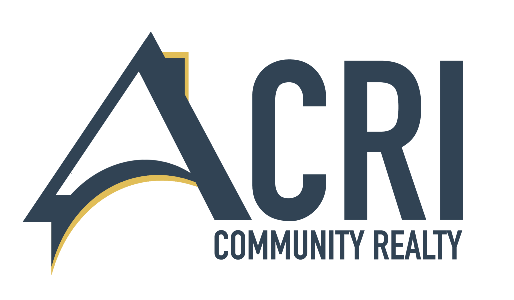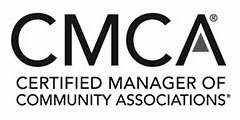Apathy is a big problem today and many folks simply do not want to get involved in the running of their community. In some cases, as with smaller communities, you simply do not have a large pool of volunteers. And often times, board members become disillusioned or upset and simply resign. Open board seats present many operational challenges. Basic operations of the association can be severely disrupted. For instance, when too many seats are vacant a quorum to do business cannot be established. Other issues can arise such as check signing and due collections.
So, what does a homeowner association do when vacancies arise and no one runs?
Acri is including 3 tips to help you get started.
1. Thoroughly read your governing documents
Inside your governing documents will be a section that addresses Vacancies. Included in that content may be the following:
• Can the board operate with vacancies?
• Is a special election needed?
• Can the board simply appoint someone until the next election to fill the vacancy?
Many governing documents say something to the effect that your term ends when your successor is duly elected and takes office. If your successor isn’t elected, your term continues.
2. Take your time with that new appointment
In most cases filling that empty seat with a warm body may be the worst choice.
By-laws may address that situation and allow the existing board to appoint someone in the interim prior to the next election. It is essential to choose appointments prudently. Additionally, if you have a quorum with existing members you will not need to fill the seat at all. Wait for the elections and see who is interested in running for open seats. Try to recruit people who have the good of the HOA at heart and can avoid self-dealing. Private agendas can tear a community to shreds.
3. Think hard before participating in a whole–board resignation.
In situations where the entire board has resigned, and there’s no board whatsoever, you will need to look at your state law for direction. Some states say you can’t have a corporation that doesn’t have directors. In many states, like Florida, a board can be outsourced, with significant costs borne by the association. Many states declare that the affairs of the corporation continue to be the responsibility of the last board members. In a nutshell, this means that while board members think they’ve resigned, they may still be on the hook.
If you do not have directors – you cannot operate as a corporation. Losing your corporate shield exposes the entire community legally. The corporate veil can be pierced leaving former board members with no corporate protection rights. Bottom line: if you lose your corporate shield as an officer of your association, it means you risk being personally sued for your actions.
Rinaldo Acri of Acri Community Realty says “Like any governmental office, obtaining a seat on the board carries a lot of responsibility and should not be taken lightly. Homeowners are entrusting you with the fiduciary responsibility of what is in many cases their largest investment, their home. Make sure you understand and read the governing documents in order to be well versed in any contentious situation regarding resignations or appointments.”








